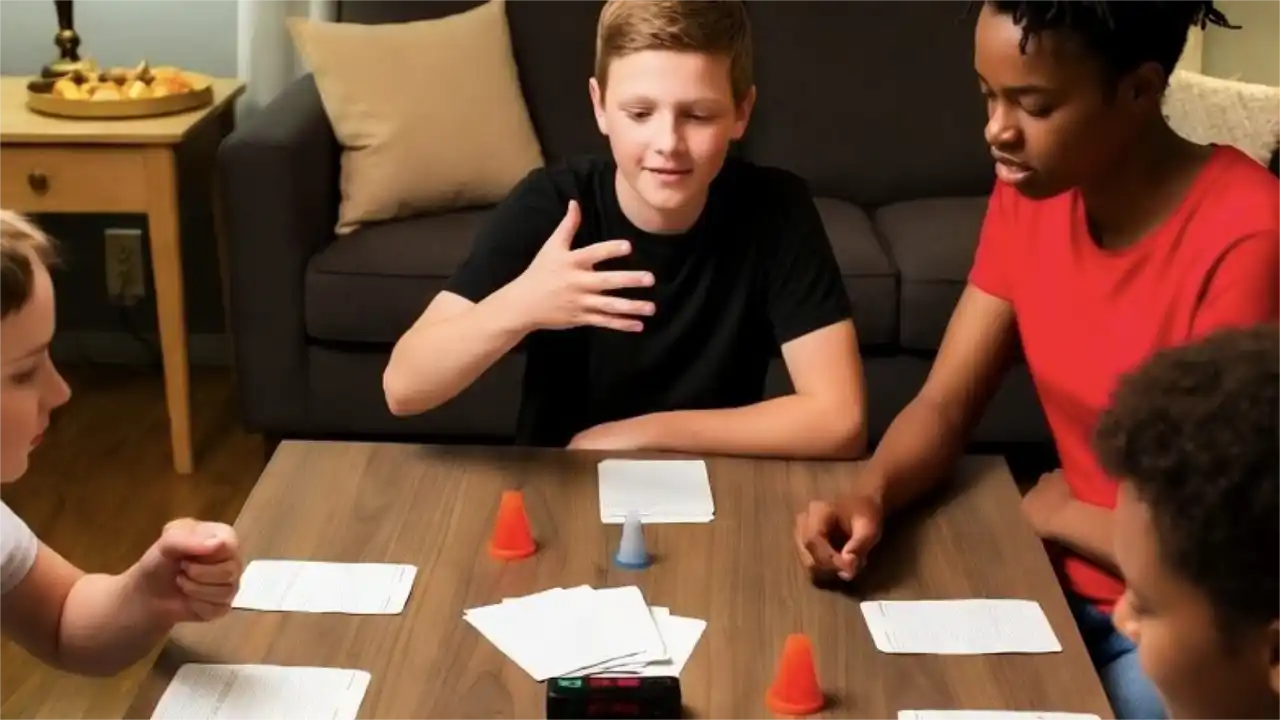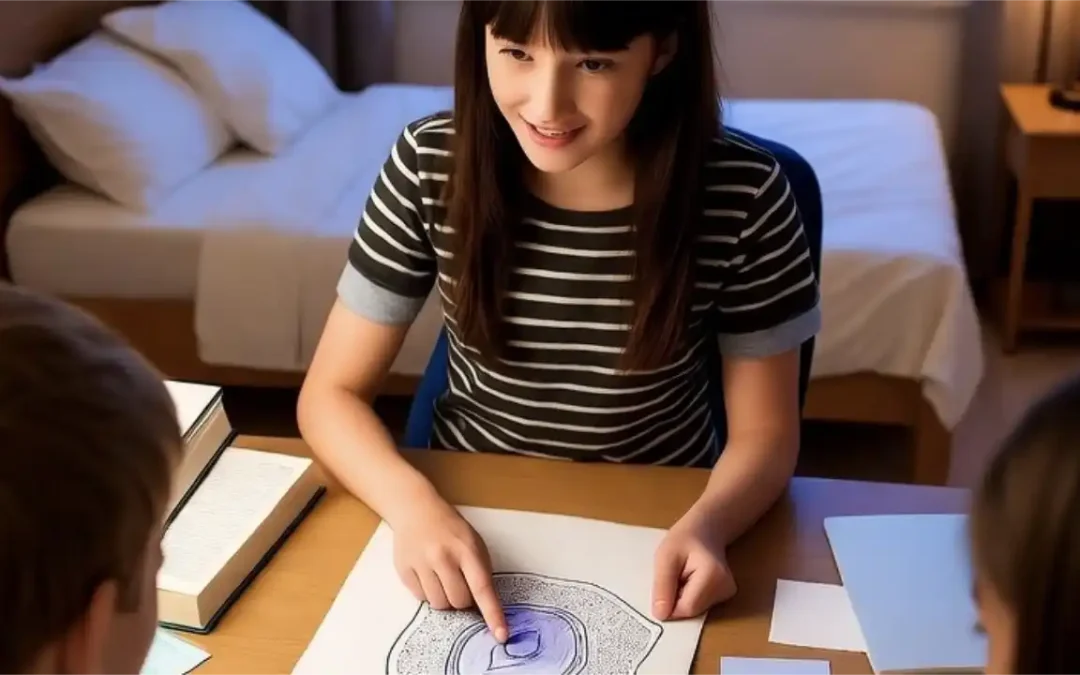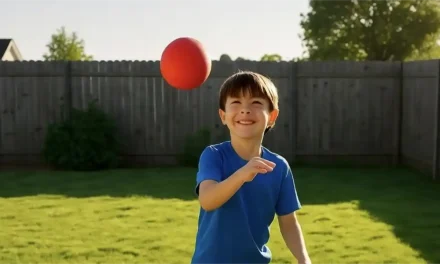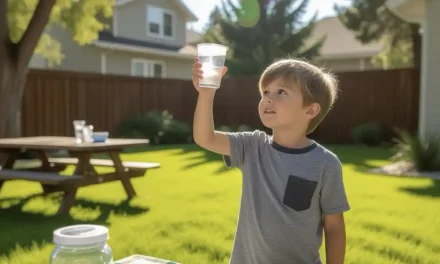
Supporting Group Learning: Balance Rivalry and Teamwork in Quizzes
Q
uizzes don’t just test what kids know—they test how well they can think under pressure, together. When children compete in teams, they practice not only quick recall but also cooperation, learning when to take the lead and when to support others. These moments help them balance friendly competition with group strategy. A prompt like, “What’s our team’s plan?” encourages them to shift their focus from winning alone to winning as a unit.
One evening, my son and his friends played a trivia game that quickly turned into arguments over who answered what. I paused the game and asked, “How could you win this together?” They regrouped, assigned roles—scorekeeper, question reader, responder—and finished the game cheering each other on. That night, the game became less about getting it right first and more about thinking together. Later, he applied those lessons in a school math challenge, where he helped his team stay focused and encouraged others to speak up.
Try making weekly quiz nights a team tradition. Rotate who writes the questions, who hosts, and who tracks scores. Afterward, talk about what strategies worked and what they might try next time. These sessions help children learn to share pressure, trust each other’s strengths, and view collaboration not as a compromise—but as a competitive edge.
Supporting Group Learning

Supporting Group Learning: Study Together for Peer Teaching
Peer teaching strengthens understanding and communication. Encourage children to explain what they know and learn collaboratively.

Supporting Group Learning: Join Book Clubs for Peer Debates
Book clubs help children share ideas, listen deeply, and build reasoning. Encourage peer discussions that foster confidence and curiosity.
Table of contents

Primordial Soup for the Mind: Navigation
Navigate the book Primordial Soup for the Mind.
TIPS
- Ask “What’s the team’s strategy?” to start competing.
- Praise their teamwork to value their effort.
- Keep a journal for their roles.
- Suggest weekly quiz sessions.
ACTIVITIES
- Trivia Clash: Host a quiz, ask, “How can you work and win together?” Work for 15 minutes.
- Math Challenge: Compete in teams, discuss roles, 20 minutes.
EXAMPLE
My daughter led a science quiz, saying, “We all shone!” Her quizzes started a strategy hobby.

Download “Primordial Soup for the Mind: A Parent’s Guide to Nurturing Intellectual Growth”
Enter your information to get this article and hundreds more as part of the FREE book Primordial Soup for the Mind.
Share your thoughts with the Thought Academy community in the Comments section below.

Sharpen those skills!
Enter your information to get our FREE practice exercises so you can hone your critical thinking and reasoning skills!







0 Comments